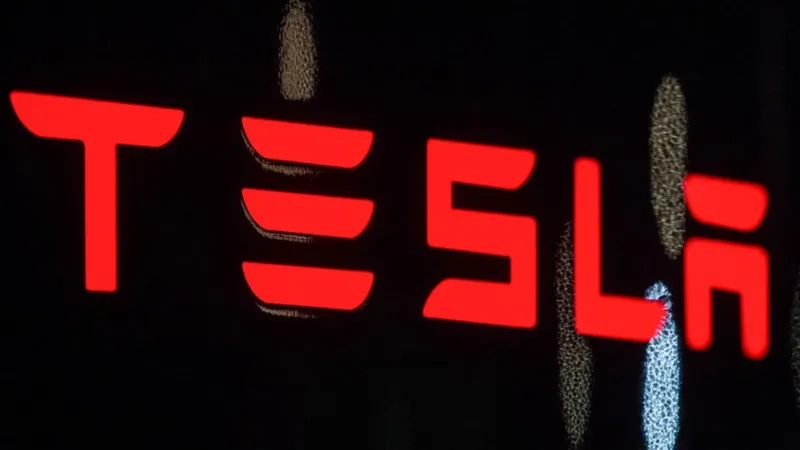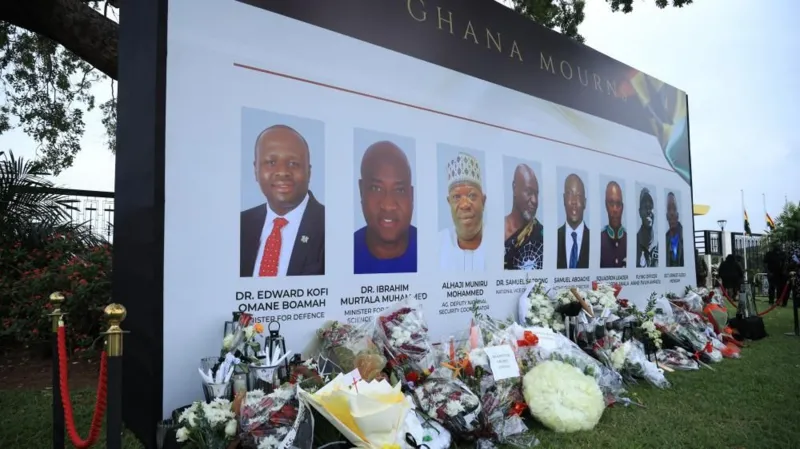Tesla lays off more than 10% of its workforce
Tesla will lay off more than 10% of its global electric vehicle workforce.

In a memo, first reported by news website Electrek, billionaire owner Elon Musk told staff there was nothing he hated more, "but it must be done".
The world's largest auto-maker by market value had 140,473 employees globally as of December, according to its latest annual report.
Tesla has not responded to the BBC's request for comment.
"We have done a thorough review of the organisation and made the difficult decision to reduce our headcount by more than 10% globally," said the email from Mr Musk.
"There is nothing I hate more, but it must be done. This will enable us to be lean, innovative and hungry for the next growth phase cycle."
A Tesla employee who had been told he was being let go told the BBC he had subsequently been locked out of his emails, as had all other staff being laid off.
Another employee, Andrew "Drew" Baglino, said in a post on X (formerly Twitter) on Monday he had made the "difficult decision" to leave the firm after 18 years.
Mr Baglino had served as senior vice president of Tesla's powertrain and energy engineering team since 2019, according to Tesla's website.
The company is set to report its quarterly earnings later this month but has already reported a decline in vehicle deliveries in the first quarter, its first in nearly four years and also below market expectations. Some analysts described the results as "tumultuous."
Last month, Tesla reduced production at the Gigafactory in Shanghai and last week Tesla told employees who work on the Cybertruck that shifts will be shorter on the production line at the Austin.
Tesla has begun to feel the impact of slowing demand for electric vehicles (EVs).
Elon Musk has recently denied reports that the company has scrapped plans to produce an inexpensive car, which has been one of his longstanding goals to make affordable EVs for the masses.
Tesla shares were down 0.8% in premarket trading on Monday.
The EV maker has been slow to refresh its aging models as high interest rates have sapped consumer appetite for big-ticket items.
There is also the ongoing pressure from China as the rise of their inexpensive EVs have begun to flood the market with affordable models.
-bbc







